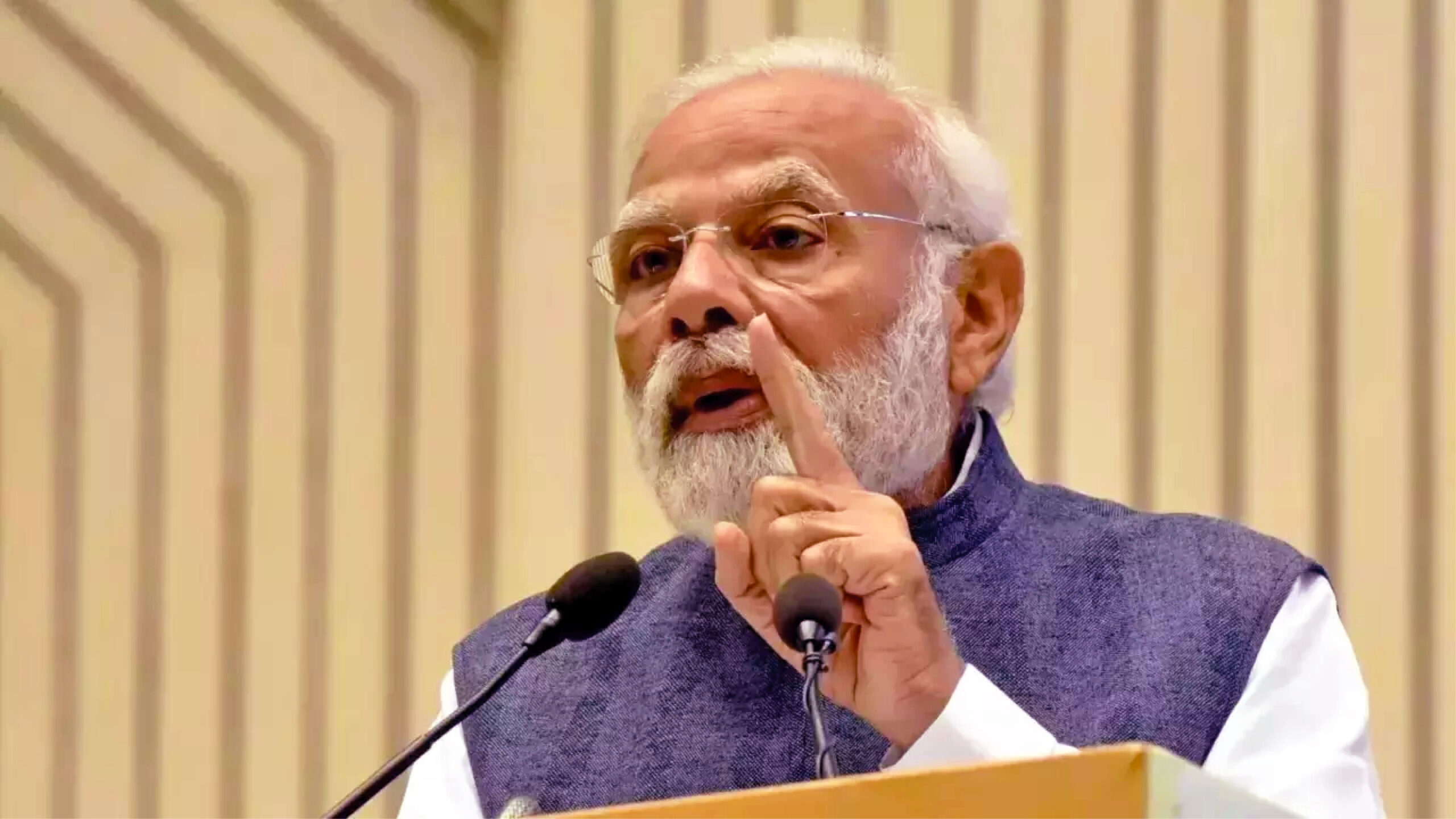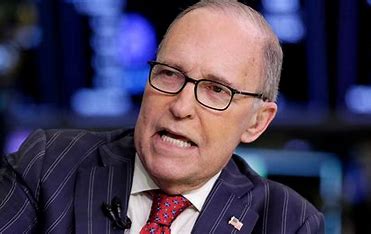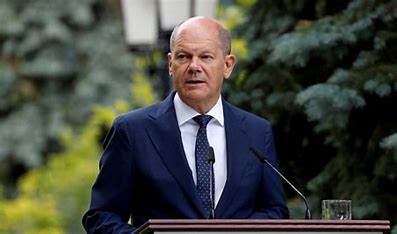In a recent milestone geared towards fortifying investor protection and refining dispute resolution within the Indian securities market, the Securities and Exchange Board of India (SEBI) has enacted significant amendments through the SEBI (Alternative Dispute Resolution Mechanism) (Amendment) Regulations, 2023. Concurrently, the regulatory authority has unveiled the ‘Online Resolution of Disputes in the Indian Securities Market’ (ODR) Master Circular, heralding a seismic shift in the landscape of grievance redressal.
The regulatory overhaul represents a strategic initiative to broaden the conciliation and arbitration mechanism within the Indian securities market. Traditionally overseen by Market Infrastructure Intermediaries (MII), this mechanism is now being extended to include all specified intermediaries and regulated entities. In its earlier form, the mechanism was limited to specific entities, creating gaps in coverage for investors engaged with other intermediaries. This expansive extension is a proactive response to rectify these shortcomings, promising a more inclusive and efficient dispute-resolution process.
By encompassing a wider range of intermediaries and regulated entities, the regulatory framework aims to provide a comprehensive and accessible platform for investors to resolve disputes. This move reflects a commitment to ensuring that all participants in the securities market, regardless of their specific intermediary, benefit from a standardized and effective dispute resolution mechanism. The intention is to foster increased investor confidence, streamline the resolution process, and contribute to a more equitable and transparent financial ecosystem.
A striking facet of these regulatory modifications is the wholehearted embrace of digital transformation. In response to the evolving financial landscape and echoing the recommendations of the committee led by Justice Sikri, SEBI has adeptly steered the dispute resolution process towards online platforms. This strategic pivot aligns seamlessly with the industry’s dynamic shifts, underscoring a resolute commitment to expedite dispute resolution in the digital age.
The ODR Master Circular, a keystone of these developments, delineates a methodical process for investors to navigate grievance redressal. Investors are first encouraged to initiate direct complaints with the relevant entities, escalating to the SCORES platform if initial grievances persist. For matters that remain unresolved, the SMARTODR portal provides a channel for filing grievances, setting in motion the conciliation process. If necessary, the dispute progresses to online conciliation and arbitration through the ODR mechanism. Notably, SEBI’s circular emphasizes the flexibility for investors to approach legal forums, including civil and consumer courts, at any stage of the resolution process.
Further streamlining the process, the ODR Master Circular categorizes intermediaries into Schedule A and B, each subject to distinct resolution processes. Schedule A encapsulates disputes between investors and listed companies or intermediaries, resolved under the ODR mechanism. Schedule B, on the other hand, deals with disputes between institutional clients and intermediaries, offering options for resolution through ODR or independent institutional mediation.
Despite the noteworthy progress in the implementation of the ODR mechanism, certain limitations need careful consideration. Initiation of disputes is precluded if already under examination by the SCORES platform or other legal forums. Additionally, the ODR framework intentionally excludes matters related to the enforcement and regulatory role of Market Infrastructure Intermediaries. The competence of ODR institutions to effectively manage the resolution process in the securities market is another crucial factor. Furthermore, the absence of regulatory oversight in the operation of these institutions raises concerns about accountability, particularly regarding potential misuse of private and financial information.
To align with the ODR Master Circular, Market Participants are obligated to register on the ODR portal and revise existing agreements to incorporate provisions for online conciliation and arbitration. Institutional clients, being pivotal stakeholders in this paradigm shift, are required to exercise their options by January 31, 2024, facilitating a seamless transition to the new dispute resolution model.
SEBI’s strategic move towards an online dispute resolution mechanism signifies a substantial advancement, promising expeditious resolutions, heightened accessibility, and increased investor protection in the Indian securities market. This digital transformation resonates with the ongoing evolution of the industry, fostering a more efficient, transparent, and investor-friendly market environment. Despite the commendable nature of SEBI’s Smart ODR project, unresolved issues related to the capabilities of ODR organizations, regulatory oversight, and the fees for conciliators and arbitrators require careful attention to ensure the initiative reaches its full potential.
(Dr. Komal Sandhu, Professor, IILM Law School, IILM University, Gurugram)
(Prof. Jyotirmoy Banerjee,Law (IPL), Indian Institute of Management Rohtak)















